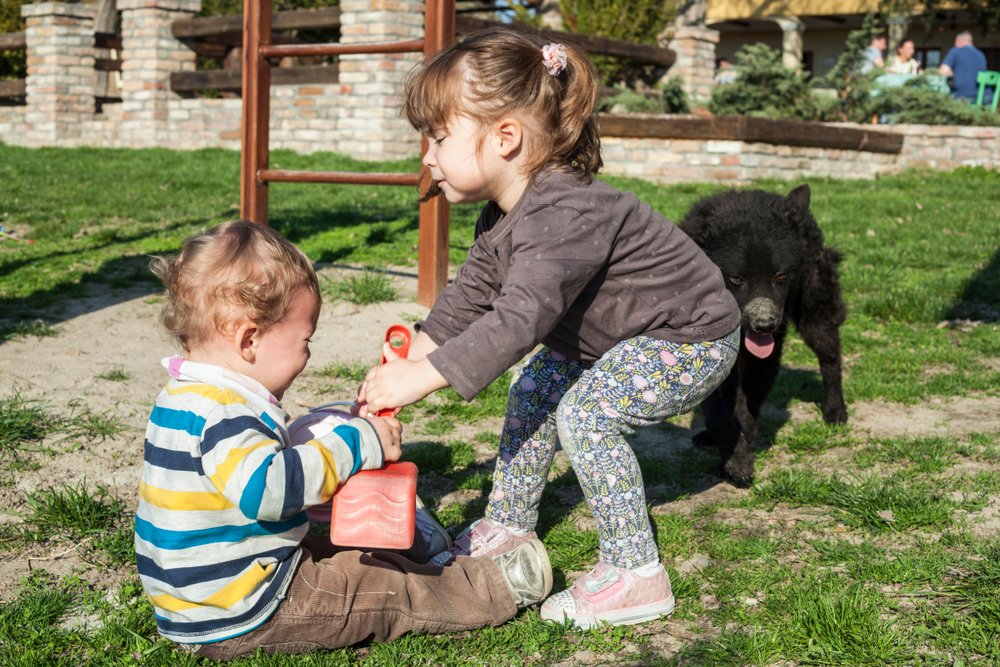
Recognizing patterns: The key to stop unwanted behaviors
Key points: Parents need to observe and analyze toddlers’ behaviors to understand what they are trying to communicate. Behavior patterns are crucial in…
Discover the key milestones of physical, cognitive, linguistic and socio-affective child development and understand the science behind child development.
Discover the key milestones of physical, cognitive, linguistic and socio-affective child development and understand the science behind child development.

Key points: Parents need to observe and analyze toddlers’ behaviors to understand what they are trying to communicate. Behavior patterns are crucial in…

Key points: Parenting styles are unique and may vary based on personal values and beliefs. Successful parenting involves a complex relational process that…
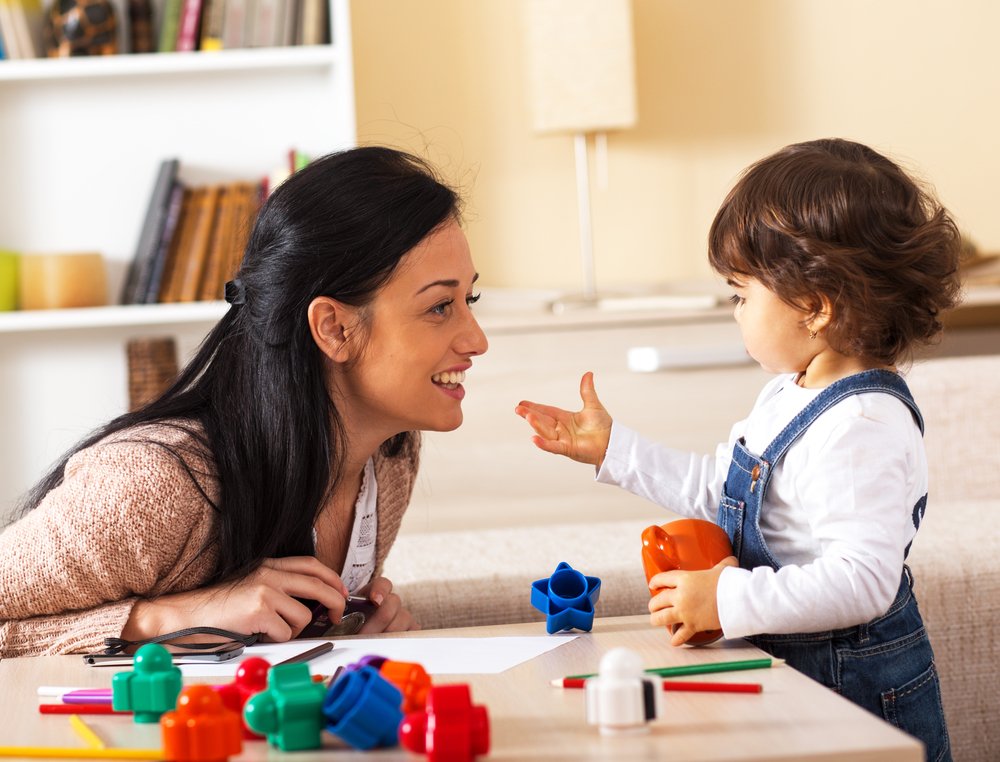
Key points: 1. Environment and attentional abilities impact language development. 2. Attentional abilities progress from face-to-face to including objects, aiding language acquisition. 3….

Key points: 1. The environment significantly influences a child’s genes and development from before birth. 2. Epigenetics explores how experiences affect gene expression…

Key points: 1. Expressing gratitude leads to being compassionate, generous, happy, and healthy. 2. Nurture gratitude in children by modeling and appreciating them….

Key points: 1. Books prepare kids for school and encourage communication. 2. “The Pout-Pout Fish Goes to School” and “The Kissing Hand” comfort…

Key points: 1. Movement play is crucial for early childhood development, impacting physical, linguistic, social-emotional, and cognitive areas. 2. Movement play involves various…

Key points: 1. Babies’ brain development depends on responsive interactions with caregivers. 2. “Serve and return interactions” with caregivers are critical for building…

Key points: 1. Limit screen time for kids (2-5 years). 2. Pack appropriate entertainment for the trip. 3. Engage in word games to…
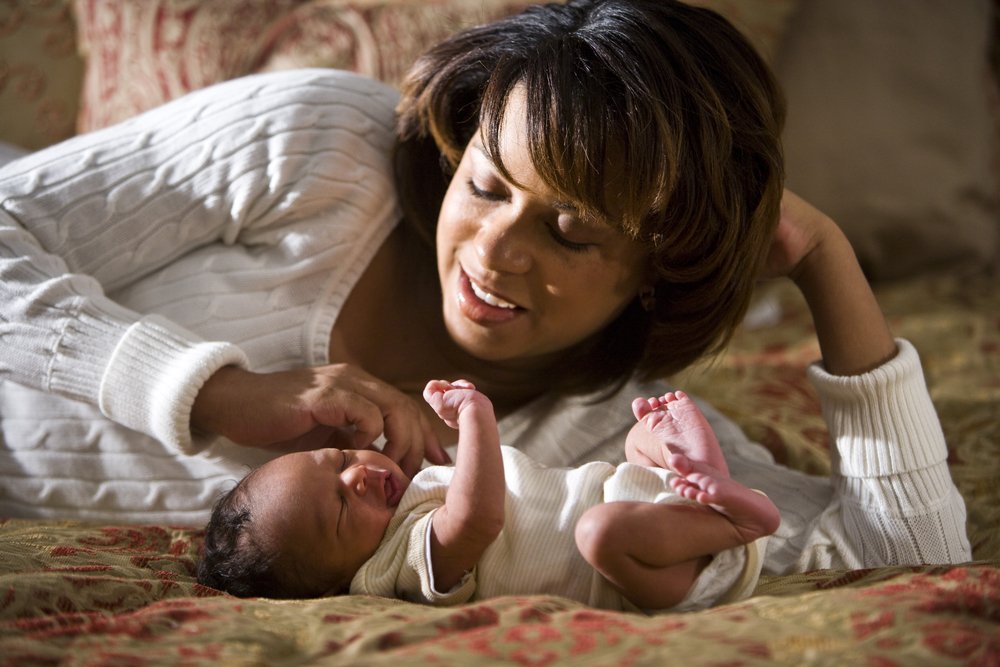
Key points: 1. “Being there” involves serve and return interactions. 2. Occasional lapses in attention are normal. 3. Not all stress is harmful….

Key points: 1. Parents’ emotional state affects children, who absorb emotions from an early age. 2. Practicing mindfulness enhances awareness of the present…

Key points: 1. Baby emotions evolve from simple to complex, influenced by physiological changes and stimuli. 2. Basic newborn emotions are interest, distress,…

Key points: 1. Children’s involvement in household cleaning promotes empathy and social connections. 2. Providing kids with their own cleaning tools makes cleaning…

Key points: Babies develop advanced theories and knowledge from a very young age. They construct theories about objects, numbers, living things, the mind,…
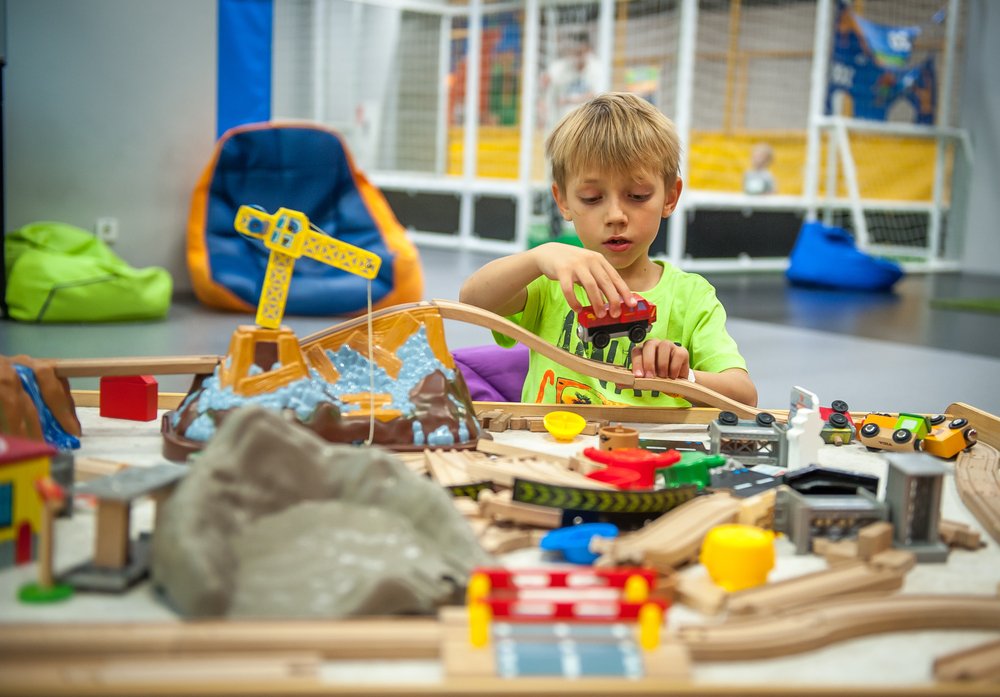
Key points: Babies are natural scientists from birth. Engage in repetitive play to teach concepts like gravity. Foster STEM skills through various types…

Key points: Tantrums are a normal part of toddler development. Understanding your child’s emotions can prevent tantrums. Identify possible tantrum triggers like hunger,…

Key points: Scissor use develops hand muscles and coordination. Skills needed for scissors include hand separation and hand-eye coordination. Everyday tasks can help…

Key points: Begin reading to your baby early with short and simple books, focusing on one concept at a time to match their…

Key points: The first three years of life are crucial for a baby’s brain development, forming many synapse connections. Positive experiences during this…
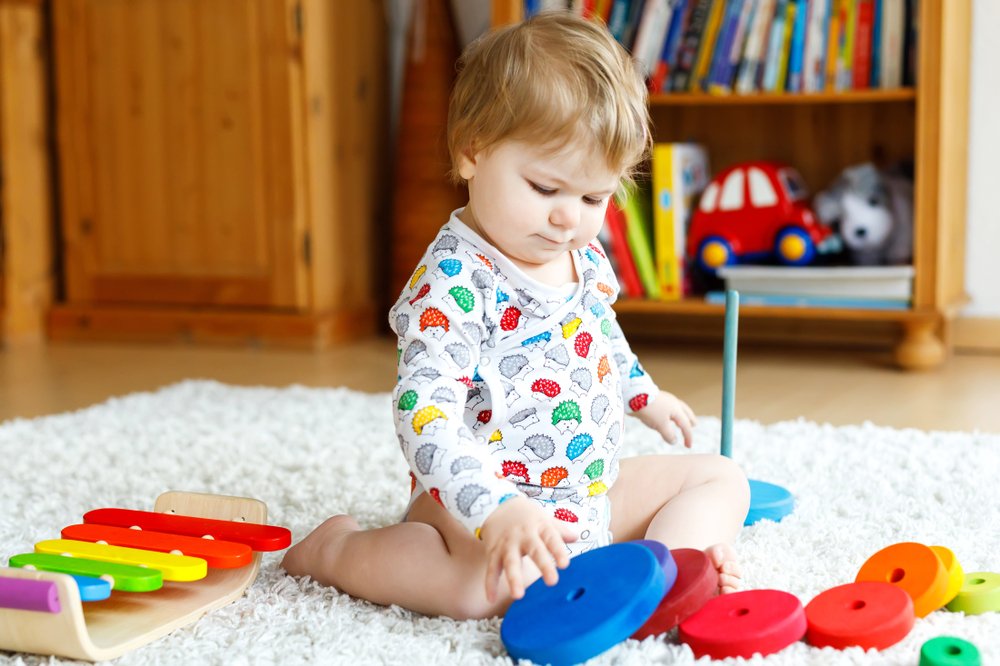
Key points: Play is essential for childhood development, fostering problem-solving skills and social interactions. Babies initially explore everything, including toys and household objects,…

Key points: Introducing your child to the cinema or theater should be done between 2-4 years old, but it ultimately depends on the…